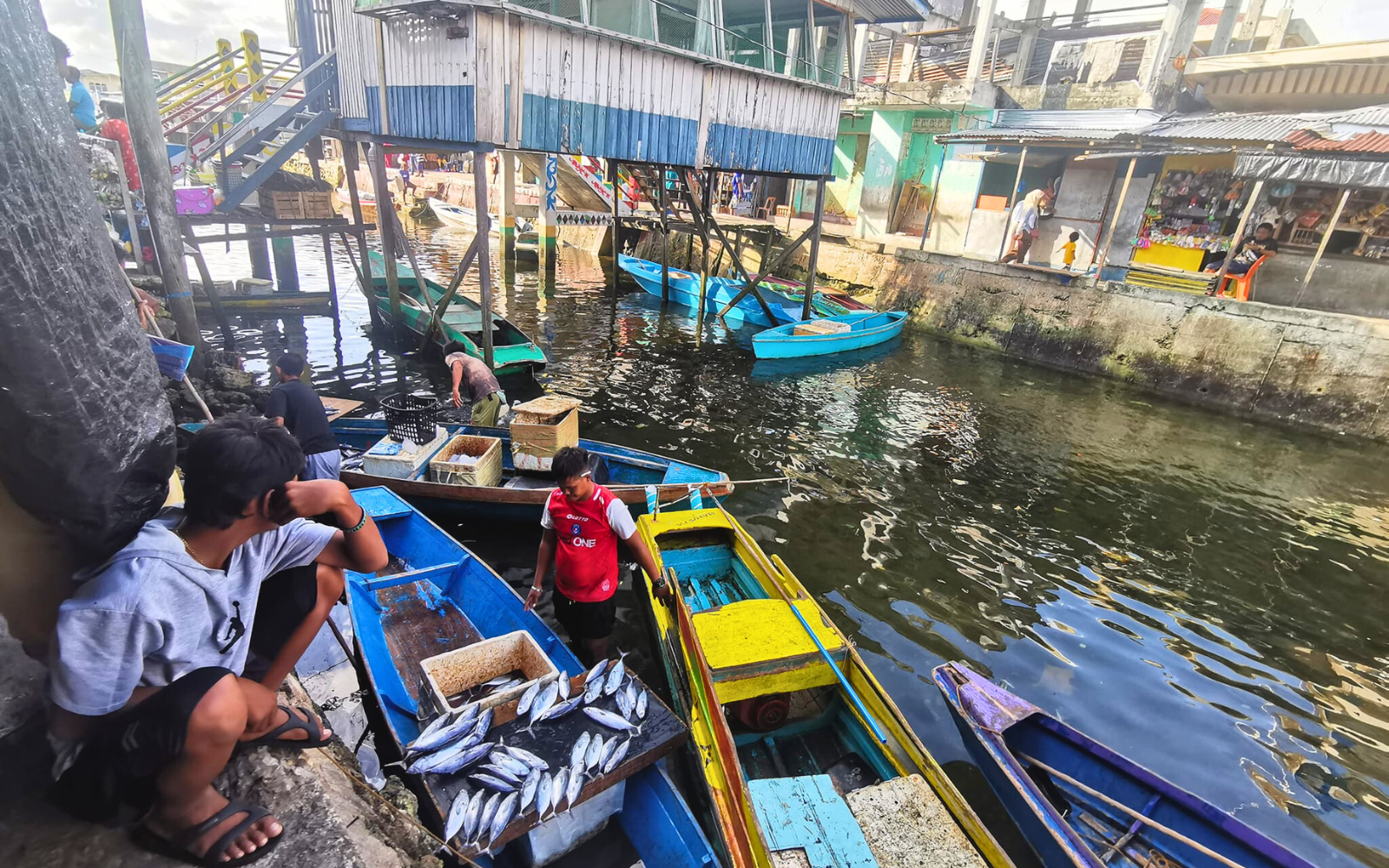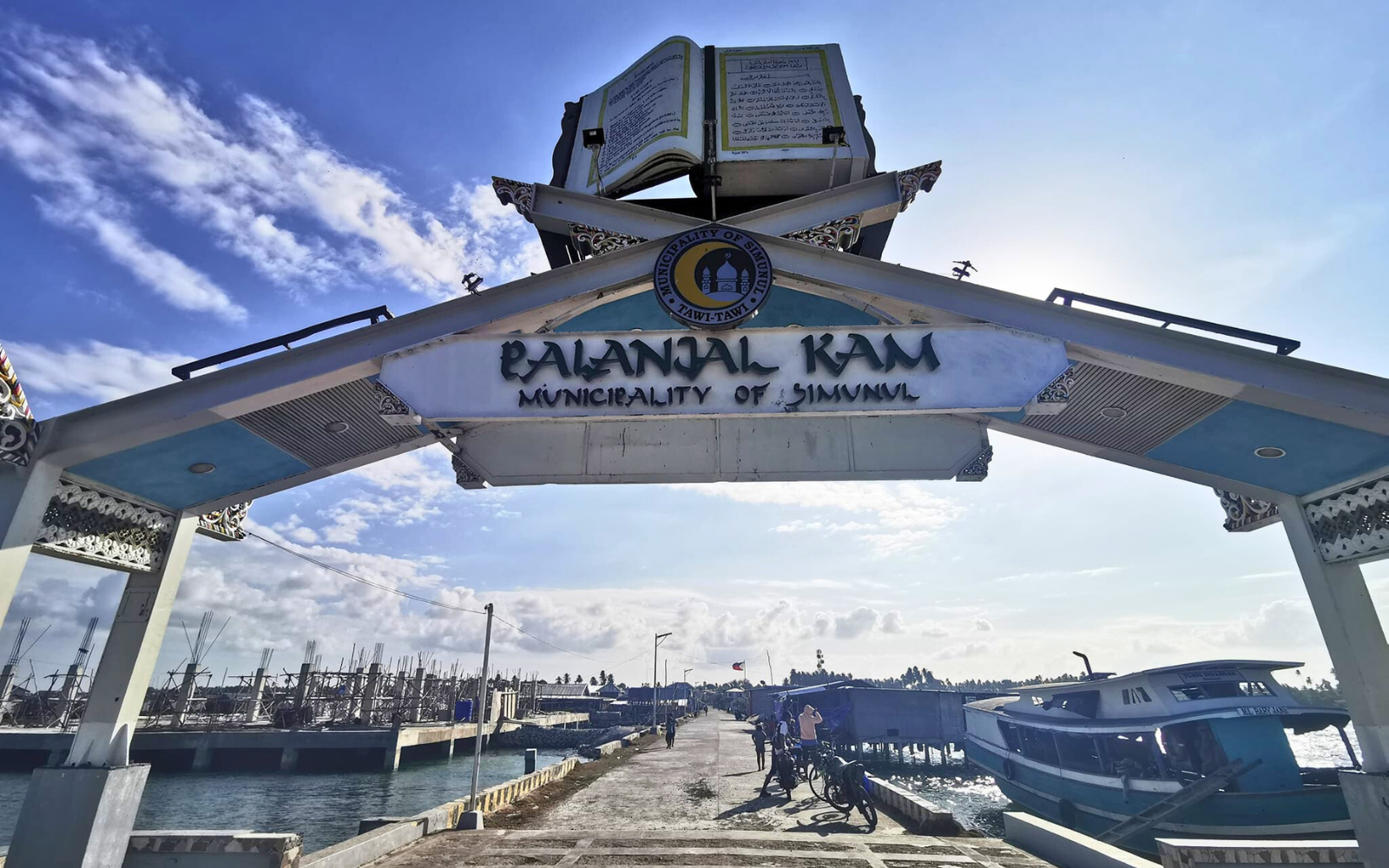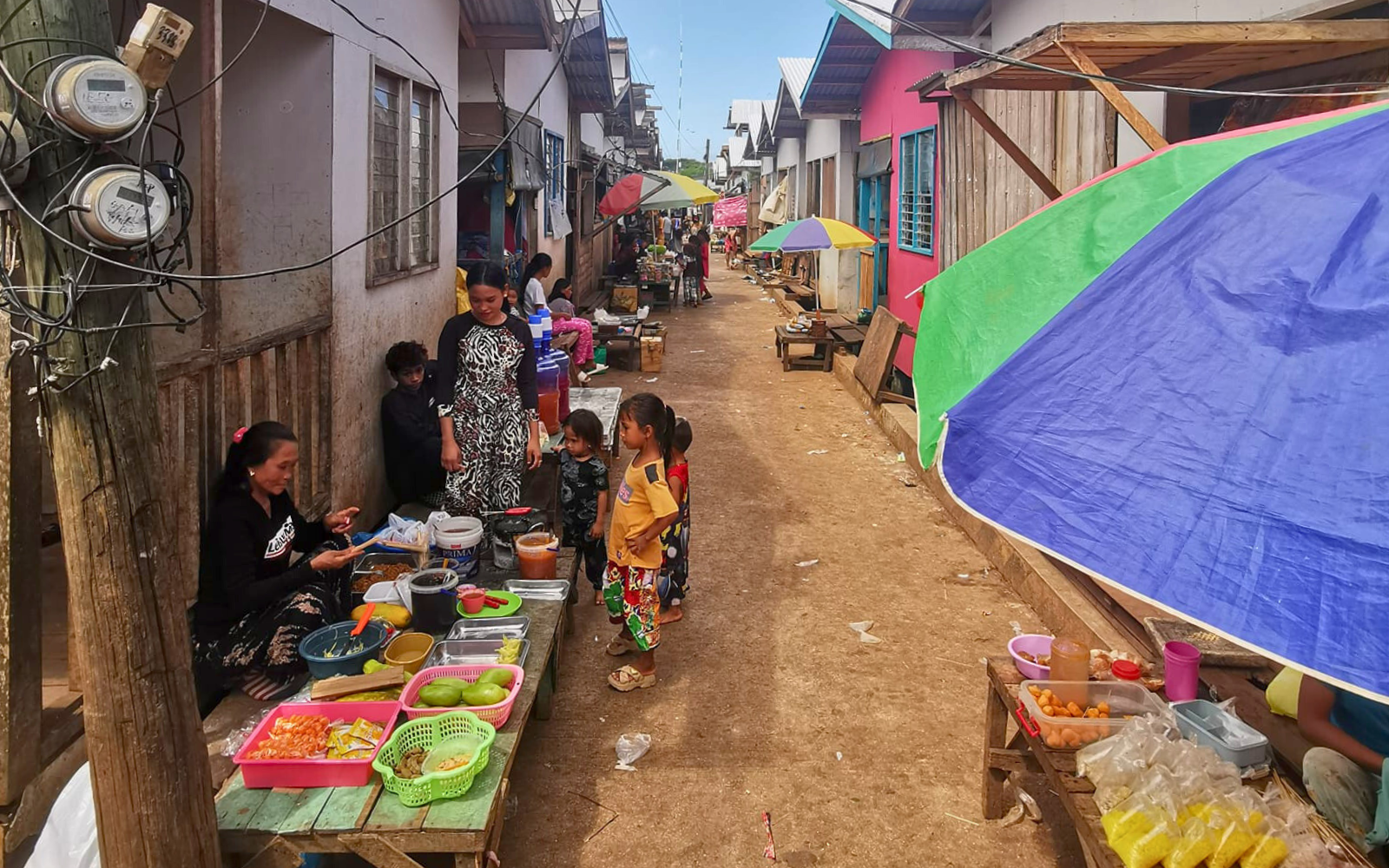Harmonizing Tradition with Transformation: A Path Forward for Better Health Outcomes in Tawi-Tawi
Stories | by Dr. Anthony Faraon

The province of Tawi-Tawi, located in the southernmost part of the Philippines, possesses a rich tapestry of history and culture. Being the first stronghold of Islam in the Philippines, Tawi-Tawi’s population is comprised mainly of the Sama, Tausug, Badjao, and Jama Mapun tribes and have cultivated a unique societal fabric that has influenced every aspect of life, including health. The Zuellig Family Foundation’s visit to the province was a gateway to understanding the intricate interplay between Tawi-Tawi’s heritage, geographical challenges, socio-economic conditions, and the health status of its inhabitants.
Historical and Cultural Influences on Health
Tawi-Tawi’s historical and cultural context significantly impacts its health landscape. “Understanding our past is crucial to addressing the health challenges we face today,” remarked Dr. Sangkula Laja, provincial health officer of Tawi-Tawi, during the visit. This perspective is vital in a province where traditional beliefs often influence health-seeking behaviors. The reverence for history and tradition among the populace underscores the importance of integrating cultural sensitivities into health interventions.

Geographical and Socio-Economic Challenges
The archipelagic nature of Tawi-Tawi, consisting of over 300 islands, presents logistical challenges in healthcare delivery. Coupled with its status as one of the Philippines’ poorest provinces, with a poverty incidence of 36.5% as of 2021, the challenges are magnified. This isolation and economic hardship hinder not only access to basic healthcare services but also the ability to sustain them. “Our geographical isolation compounds the difficulties we face, making it hard for support from Manila and Cotabato City to reach us,” Dr. Laja shared, highlighting the need for innovative solutions to improve healthcare accessibility and sustainability in the province.
Health System and Persistent Challenges
Tawi-Tawi’s reported Infant Mortality Rate (IMR) for 2022 currently stands at 3.84. This rate is substantially lower than the national average of 10.36 and better than the BARMM’s aggregate of 3.96. Moreover, while the BARMM records the lowest Facility-Based Delivery (FBD) and Skilled Birth Attendance (SBA) rates among regions at 68.34% and 74.66%, respectively, Tawi-Tawi boasts the second-highest FBD and SBA rates within BARMM, at 72.86% and 79.81%.
Despite these improvements, Tawi-Tawi faces ongoing health challenges. The current Committee Chair on Health of the provincial board, Dr. SP Sukarno Asri, highlighted the persistent issues of malnutrition, as evidenced by the 2023 Operation Timbang report. This report unveiled a concerning low coverage of 35% with a 6% stunting and 14% wasting rate among children aged 0-5 years. Additionally, the Maternal Mortality Ratio (MMR) is an urgent concern; Tawi-Tawi has an MMR of 115.21, the highest within the Bangsamoro region (BARMM) and significantly exceeding the national average of 64.68.
The situation is exacerbated by the complex terrain of the healthcare system in BARMM being non-devolved. “In BARMM, unlike other areas in the country, the regional government acts in some ways similarly to a single LGU, and as such, the region is responsible for ensuring health care service delivery, with provincial and municipal LGU support on as-needed basis,” said Board Member Ishmael. Furthermore, the challenge in achieving universal healthcare coverage remains a significant hurdle.

Reflections and Ways Forward
Reflecting on the information gathered during the visit, it’s evident that Tawi-Tawi’s health challenges cannot be viewed in isolation. They are inextricably linked to its unique cultural, historical, geographical, and socio-economic contexts. As such, health interventions must be culturally appropriate, geographically sensitive, and economically feasible. Integrating health programs with cultural practices may improve health-seeking behaviors among the indigenous populations. Furthermore, embedding health governance at the community level ensures that interventions are culturally appropriate and meet the actual needs of the people.
The World Bank, in a 2020 publication entitled “The Transition to Universal Health Coverage in BARMM,” recommends that the Ministry of Health (MOH) should undertake a comprehensive and inclusive strategic planning process that explicitly articulates funding and service delivery priorities, partner responsibilities (especially provincial and municipal LGUs and other local stakeholders), and quantitative mechanisms for tracking progress. It also advises the MOH to give a high priority to strengthening the building blocks of health service delivery in its regional planning efforts, specifically considering the unique supply-side and health care access constraints facing each province.
Community empowerment is crucial. “We need to leverage our strong community bonds to foster a culture of health,” Dr. Asri suggested. This approach involves training community health workers from within the tribes, who can navigate the cultural nuances more effectively. Moreover, strengthening the collaboration between the local government, BARMM, and non-governmental organizations like the Zuellig Family Foundation can enhance resource allocation and program implementation.
Addressing economic impediments is also vital. Initiatives to stimulate local economies and improve market access can indirectly boost health outcomes by reducing poverty-related health issues. Sustainable development projects, alongside health programs, could be a game-changer for Tawi-Tawi.
The visit to Tawi-Tawi by the Zuellig Family Foundation has provided invaluable insights into the province’s unique health challenges and opportunities. As a community deeply rooted in its historical and cultural heritage, solutions to its health challenges must be approached with sensitivity and innovation. As one health worker poignantly put it, “In the heart of our challenges lie the seeds of our triumphs. We must plant them wisely and nurture them together.